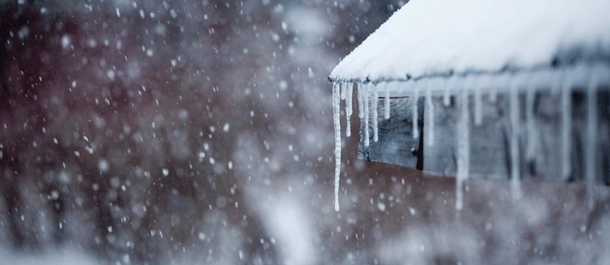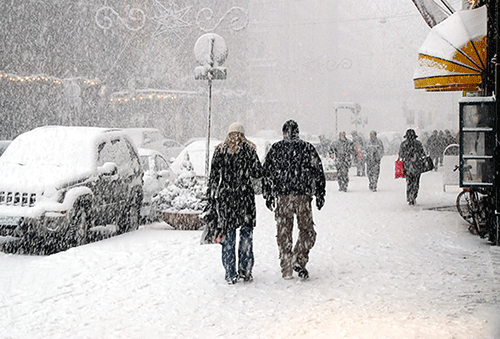Cold Weather Home Safety Tips

At Leviton, safety is a priority. With the extreme cold weather be sure to be mindful of the proper use of home electrical and heating equipment. Improper use can result in fires or the release of carbon monoxide into the home. Below are a few safety tips to review and keep handy for reference.
- Use only portable heating equipment that is approved for indoor use. Space heaters are temporary heating devices and should only be used for a limited time each day.
- Keep combustible materials, including furniture, drapes, carpeting, cardboard boxes, newspapers and other paper products at least three feet away from the heat source. Never drape clothes over a space heater to dry them.
- Never leave children alone in the room where a space heater is running. Always keep an eye on heating equipment. Turn it off when you are unable to closely monitor it.
- Plug space heaters directly into a wall outlet. Never use an extension cord or power strip. Do not plug anything else into the same outlet when the space heater is in use. Do not use space heaters with frayed or damaged cords.
- If you are going to use an electric blanket, only use one that is in good condition. Avoid tucking the electric blanket in at the sides of the bed. Use only blankets with an automatic safety shut-off.
- Carbon monoxide comes from the burning of fuel. Therefore, make sure all fuel-burning devices such as furnaces, boilers, hot water heaters, and clothes dryers are properly vented to the outdoors and operating properly. If you are not sure, contact a professional to inspect and make necessary repairs.
- If you have a working fireplace keep chimneys clean and clear of debris.
- Never heat your home with a gas stove or oven, charcoal barbecue grill, or kerosene, propane, or oil-burning heaters.
- The symptoms of carbon monoxide poisoning are non-specific and include headache, nausea, vomiting, dizziness, sleepiness, trouble breathing, and loss of consciousness. Severe poisonings may result in serious injury or death.
- If you suspect carbon monoxide poisoning, call 911, get the victim to fresh air immediately, and open windows.
Cold weather or not, Leviton reminds you to make sure that you have a working smoke alarm in every room. Test them at least once a month and change the batteries twice a year. And, have a working carbon monoxide detector in your home.
So, how are you dealing with the extreme cold weather? Leave your own tips in the comments section below.



